Shona proverbs that relate to children help portray what the Shona understand about children and childhood. Below are 25 such proverbs.
1. Chikomo shata divi, rimwe ritambire pwere.
divi: side
Inspiration for proverb
A rocky or steep hillside might be unconducive for play.
Application
It is good to have some commendable qualities and not only bad ones.
Even someone unpopular should at least have a few people who can side with him.
2. Chomungozva chinodyiwa nowabata mwana.
mungozva: nursing mother
Inspiration for proverb
A loving mother would undoubtedly appreciate anyone who cares for her child.
Application
One shows kindness and gratitude to those who respect and appreciate the things that they hold dear.
3. Gomba harina mwana.
gomba: adulterer – lover of a married woman
Inspiration for proverb
The proverb can be translated as ‘The lover of a married woman has no child.’
Application
A man cannot claim to be the father of a child born out of adultery with a married woman. The husband is the father of every child born or conceived during a marriage.
4. Kurayira kunoda pwere, mukuru ndimambo.
Inspiration for proverb
The proverb can be translated as ‘Advice is for children, an adult is king.’
Application
It is difficult to discipline an adult who has had his way since childhood. When young people get out of hand, it is best to reprimand them before they are older and set in their ways.
5. Kuudza mwana, hupedzisira.
Inspiration for proverb
Children are generally inexperienced and naive, so it is best not to leave room for assumption when dealing with them.
Application
Sometimes people interpret things differently. One should, therefore, do their best to be clear and concise when giving instructions.
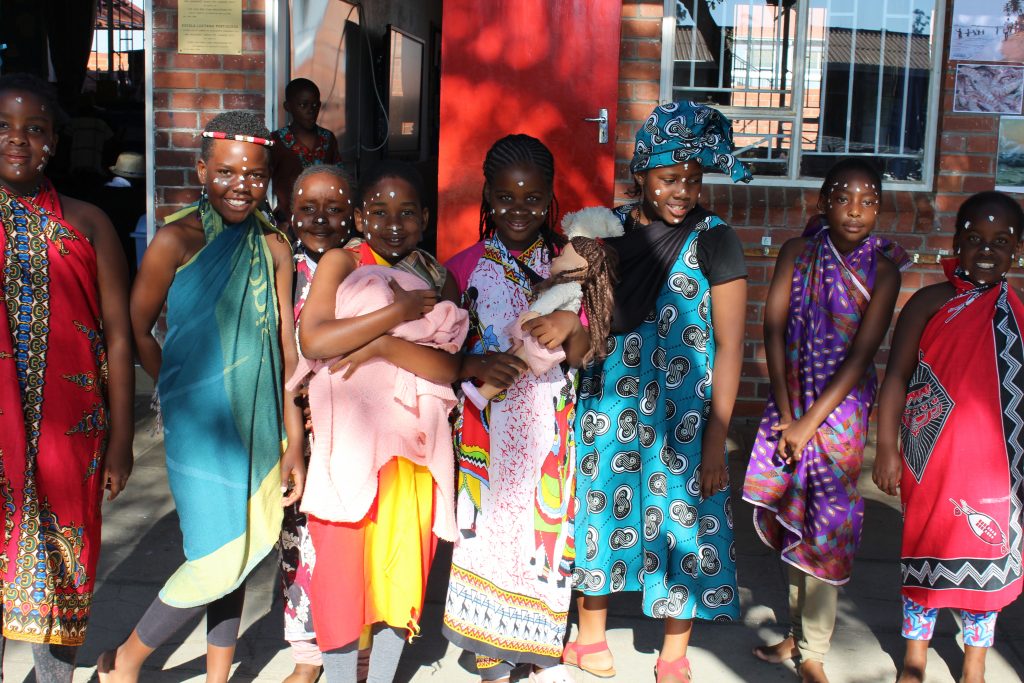
6. Manatsira pwere imhanje.
mhanje: barren woman
Inspiration for proverb
The proverb can be translated as ‘Only a barren woman believes they can please a child.’ An alternative to this proverb is ‘Mugoni wepwere ndousinayo.’
Application
It is unwise to judge someone who is struggling to discipline a child.
Anyone who raises a child will understand that children could be disobedient and lack discipline despite what a parent does.
7. Matakadya kare haanyaradzi mwana.
Inspiration for proverb
One has to feed a hungry child. That the child fed in the past is of no consequence.
Application
Sometimes good experiences from the past are of no value today.
Current problems cannot be solved by prior successes.
8. Matukirwo ababa, kunema mwana.
Inspiration for proverb
The proverb can be translated as ‘The father is scolded by teasing the child.’
Application
Sometimes people criticise or reprimand elders and superiors indirectly by directing their comments at children and juniors.
9. Mhanje isina mwana hainzi ichembere.
mhanje: barren woman
Inspiration for proverb
The proverb can be translated as ‘Being a barren childless woman does not make one an old woman.’
Application
One should be careful not to underestimate things because of conclusions based on appearance or what is outward.
10. Mugoni wepwere ndousinayo.
Inspiration for proverb
The proverb can be translated as ‘Only one without a child believes they can discipline one.’ An alternative to this proverb is ‘Manatsira pwere imhanje.’
Application
It is unwise to judge someone who is struggling to discipline a child.
Anyone who raises a child will understand that children could be disobedient and lack discipline despite what a parent does.
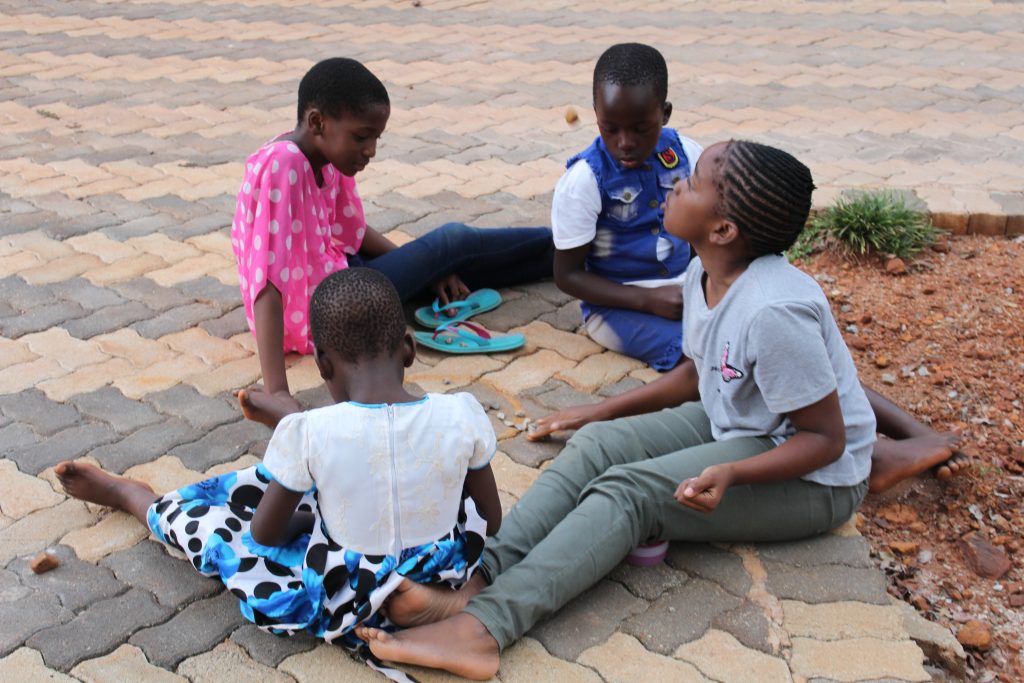
11. Mwana asingacheme anofira mumbereko.
mbereko: baby carrier in which a child is carried on a person’s back
Inspiration for proverb
Children cry when they need something. Literally, the proverb means that a child who does not cry will die while strapped to its mother’s back, with her unaware that something could be wrong.
Application
One should ask for help when they need it, otherwise, they might never get it because those who can help are unaware.
12. Mwana ijira rinofukwa nevanhu ose.
Inspiration for proverb
The proverb can be translated as ‘A child is a blanket that is shared by everybody.’
Application
Every child is everyone’s child. A child has a duty towards not only the immediate family but also the larger community. In the same way, the whole community has a duty to protect every child.
13. Mwana mudiki kubvuma rwendo, rwake rwuri mukati.
Inspiration for proverb
Children generally dislike chores and running errands. A child will unhesitatingly agree to an errand that helps them get what they want.
Application
One will not hesitate to accept a task that helps them meet their own objectives.
14. Mwana washe muranda kumwe.
muranda: servant
ishe: chief
Inspiration for proverb
The proverb can be translated as, ‘Outside his father’s territory, the son of a chief is a servant.’
Application
One should know the confines of their authority or privilege and manage expectations when outside those confines.
15. Mwana wegomba inhimbanapasi sehwevera.
gomba: adulterer – lover of a married woman
nhimbanapasi: This term can be translated as ‘dig (timba) from below’
hwevera: cutworm
Inspiration for proverb
A cutworm destroys young plants by eating the stems near or just below the soil surface, eventually cutting them down. The term nhimbanapasi can be translated as ‘dig (timba) from below,’ and it brings out the manner and destruction of a cutworm.
Application
Illegitimate children might assimilate well into a family but generally end up causing all kinds of problems.
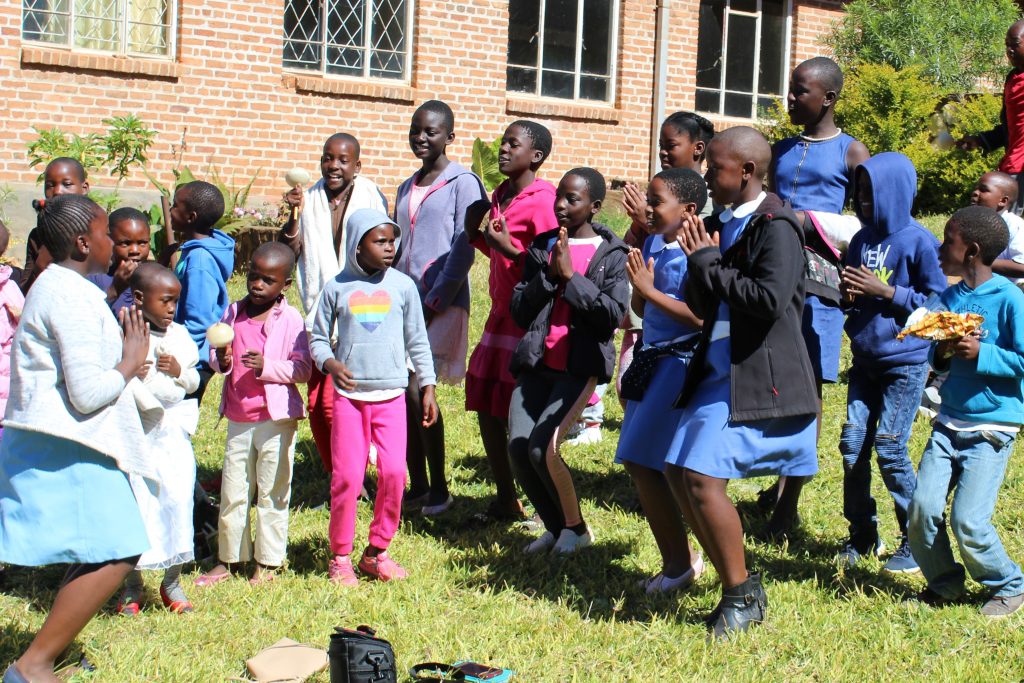
16. Mwoyochena wei, tsvimborume kubvisa mwana wemvana madzihwa?
tsvimborume: bachelor who has passed the age of marrying
mwoyochena: benevolence. kindness
Inspiration for proverb
The proverb can be translated as ‘Why would an elderly bachelor be so kind and wipe the nose of the child of an unmarried mother?’
Application
Acts of kindness offered where the prevailing circumstances suggest that one might seek to benefit in return are questionable. They should be treated with caution.
17. Ndezvomwana mudiki, kubata nhengu anonzi rasa izizi.
nhengu: drongo bird
zizi: owl
Inspiration for proverb
An owl is not the same as a drongo bird yet a child, being inexperienced, could be fooled into incorrectly identifying the two birds.
Application
Children are naive and could easily be deceived and disadvantaged, or even led to do bad things.
18. N’ai kwadzo ndedzomucheche, dzomukuru dzinoreva kudya.
n’ai: yawn
Inspiration for proverb
Yawning is mostly involuntary, and sometimes serves a social function such as communicating boredom. The proverb can be translated as,’ A genuine yawn is that of a child, that of an adult signals a desire for food.’
Application
Some actions or statements shouldn’t be taken as they are. Sometimes people use an indirect approach to communicate or ask for what they want.
19. Panorairwa mwana wamambo, muranda teerera.
Inspiration for proverb
While serving the king a servant might hear things that, although not intended for him, could be of benefit to him.
Application
One who is present when others are advised or counseled should use that opportunity to benefit from the advice or counsel given.
20. Taramukai panotamba dera.
taramukai: move further apart or away
dera: toddler not yet able to walk
Inspiration for proverb
I. A toddler learning to walk is unsteady on his feet; frequently stumbling, tripping, and bumping into things. II. The circle formation is central to our traditional dance. With a closed circle, dancers sometimes take turns to dance in the centre.
Application
Be cautious when dealing with unpredictable characters.
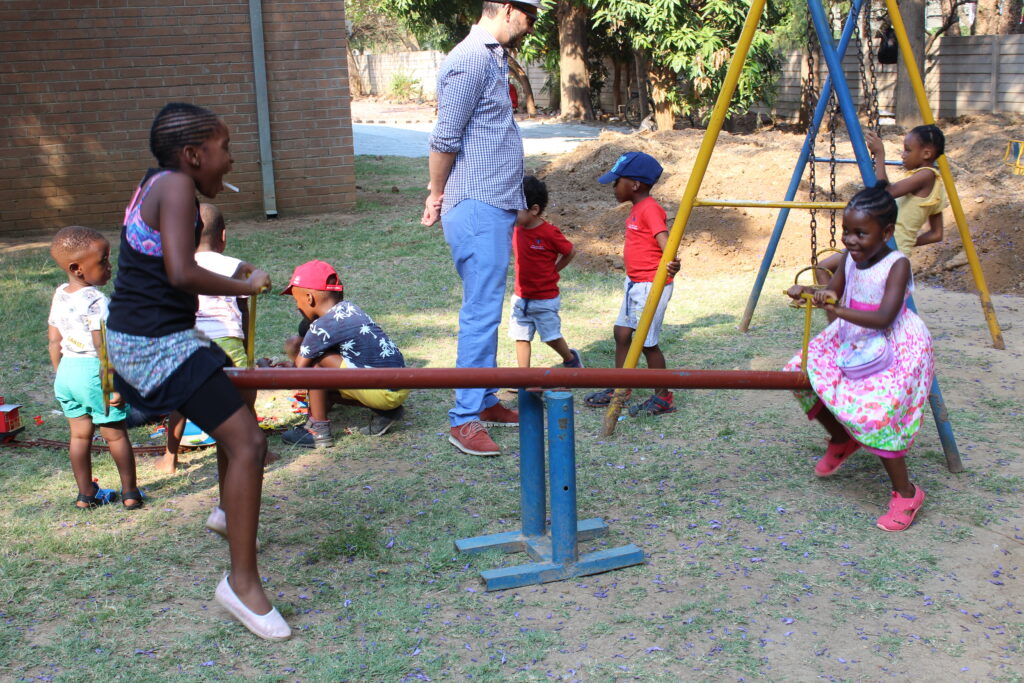
21. Tenda dzose pwere, hapana asiri munhu.
tenda: acknowledge. recognise the importance of
Inspiration for proverb
All children are human beings, regardless of any shortcomings. An alternative to this proverb is ‘Chenga ose manhanga, hapana risina mhodzi.’
Application
One should not discriminate against something or someone because they regard them as being of lesser worth. What might be considered of little worth is equally important.
22. Totenda yabikwa, imba yepwere.
tenda: be convinced
Inspiration for proverb
The proverb can be translated as ‘The household of a young couple will only be convincing after a meal has been prepared.’
Application
One should not count on something hoped for until it is certain.
23. Zimuonde ziguru kuputsika pwere dzinovanda pai?
muonde: fig tree
Inspiration for proverb
The proverb can be translated as ‘With the huge fig tree fallen down, where will children take shelter?’
Application
When people lose the one who is known to care, provide, or look out for them, their future looks bleak.
24. Zirume kutswinya mwana padama, kuti vari mumba vanzwe.
Inspiration for proverb
The proverb can be translated as ‘A huge man pinching a child on the cheek seeks to draw the attention of those in the house.’
Application
Sometimes people provoke those who are junior and unable to retaliate, as a way of getting to someone senior they know will be upset by that provocation.
25. Zviri kumvana kubara mwana asina baba.
mvana: unmarried woman who has borne a child/ woman past marriageable age.
Inspiration for proverb
The proverb can be translated as ‘It is up to an unmarried woman to have a child without a man to regard as the father.’
Application
It is up to one to do as they please with their possessions, without interference from others.
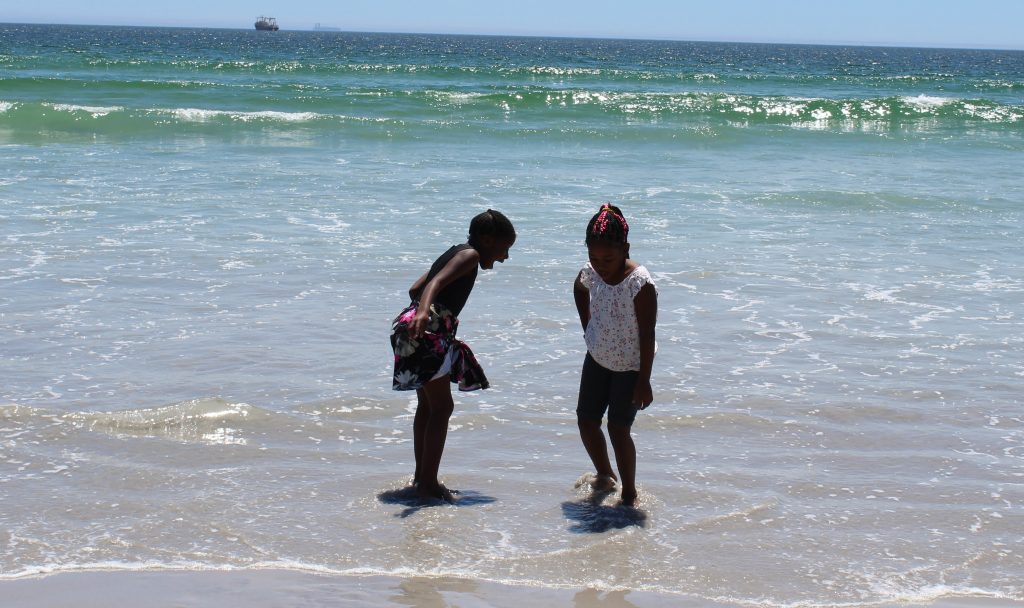
I’m sure there are a lot more proverbs that could be added to this list. Please feel free to share this article or leave a comment below with any feedback.

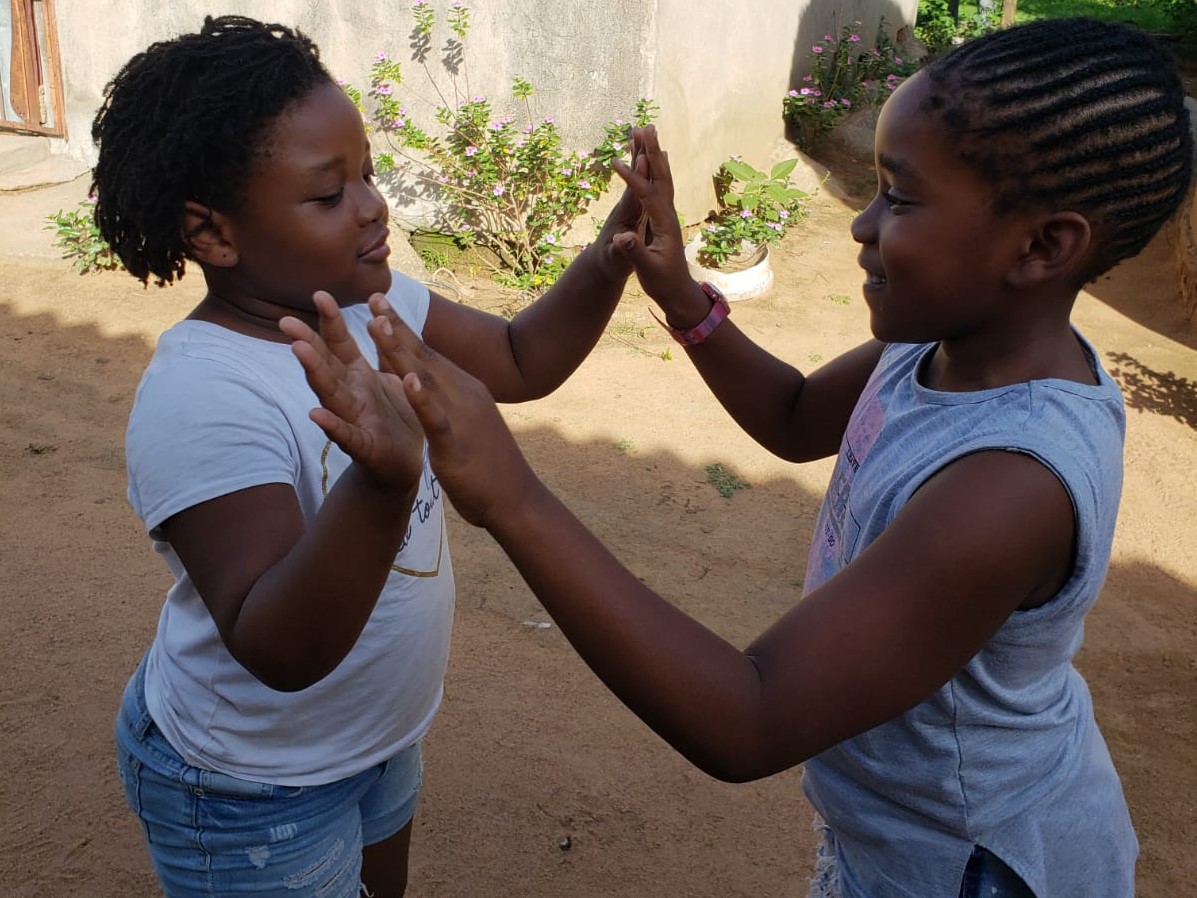
MOST OF THESE did NOT HELP ME!!!
Hi Memory,
Wish I knew what sort of help you needed. We also have a proverbs section here https://zimboriginal.com/shona-tsumo/.
I appreciate you checking out my blog, nonetheless.
Cheers,
Shungu
Wow add more
Thank you so much, some of these I had forgotten some I did not know , thank you so much for finding time to do this.
Thank you so much, Elifas. I’m really glad to hear that the post brought back some memories and even added something new. That’s exactly why I do this — to preserve and share what we might otherwise lose. I truly appreciate you taking the time to leave a message.
This is a special place!
Thank you for this beautiful message, Chioniso.